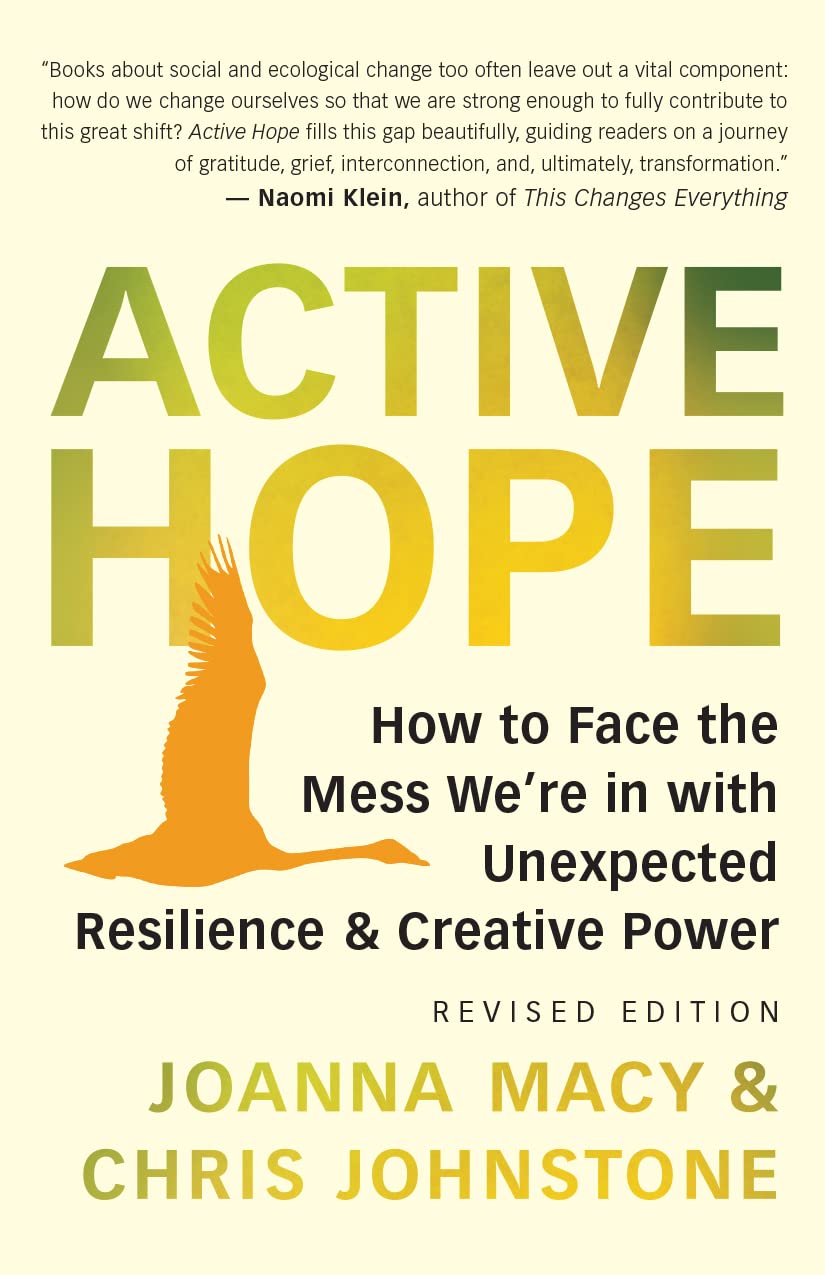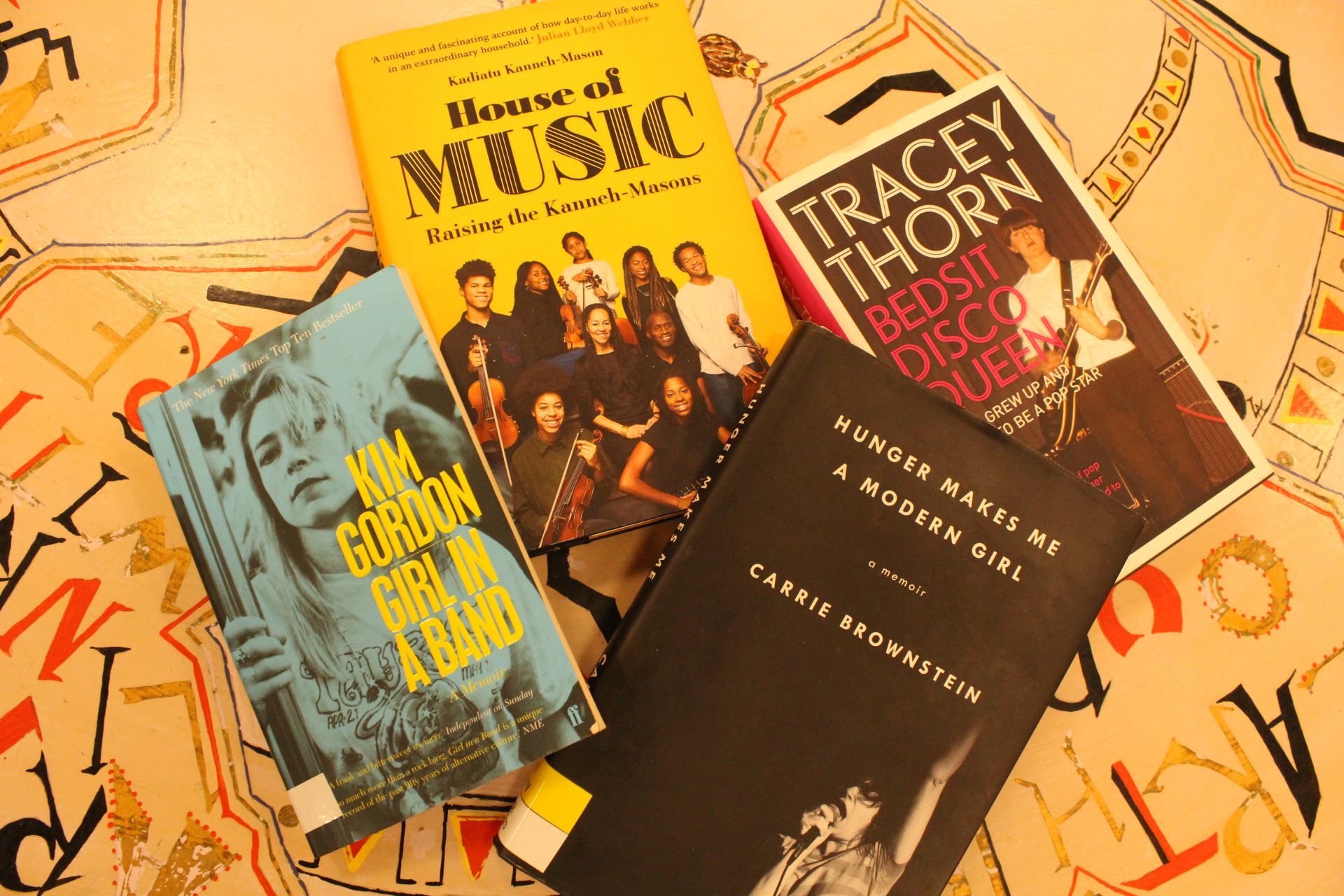Pauline recommends:
Betrayed by Amalie Skram
I had not heard of Amalie Skram (a Norwegian writer who lived from 1846-1905) until I borrowed a novel by her from the Glasgow Women’s Library. ‘Betrayed’ is a short novel written in 1892 in which she describes the marriage of a young girl of 17 to an older man, an account which drew on Amalie Skram’s own experiences in her first marriage.
It certainly isn’t a romantic novel. It’s a hard –hitting account of a marriage that fails and ends in tragedy. Failing marriages are difficult to analyse but the two central characters, Aurora and Riber, seem to have ideals and expectations which their marriage never seems to have a chance of fulfilling. A central issue is her initial physical rejection of him which is compounded and reinforced by her shock on learning about his previous encounters with women.
Their relationship seems doomed by some of the social mores of the Victorian world with its ‘double standard’ of sexual behaviour for men and women, as well as the necessity for many young women to marry for financial support, quite often to older men. However, it is also a work of the imagination and the chemistry between the couple (or lack of it) makes us unsure who should ultimately have our sympathy. Aurora is to too young, too scared , too full of fantasies to respond to her husband and he is often rather brutal and clumsy with her. He is unsparing about the details of his past encounters with women although partly in response to her questioning. She becomes both repelled and fascinated, wanting to know more. ‘Just telling me is the least you can do!’ she says as she pries for more lacerating details of one of his encounters. He longs for her love and tries to become what she wants but she retreats -finally using religion and guilt to keep him away from her.
I had not read anything quite like ‘Betrayed’ before and it seemed to be a very bold account of a marriage from a 19th century woman writer. I read more about Amalie Skram’s life in Norway and Denmark. Her first marriage ended in divorce, with her husband’s adultery cited as a cause, after which she had a depressive illness. She moved to Denmark after getting custody of her children, became part of a ‘naturalistic’ group of writers, eventually remarrying. She started to write at this time in her life distilling her experiences of marriage into several novels and short stories She was admitted to a psychiatric hospital in 1894 after a second breakdown. She felt that during her time in hospital she was disempowered and eventually confined against her will which led her to write several books exposing mistreatment in Danish psychiatric hospitals. Her second marriage did not survive this experience of incarceration and abandonment.
She faced some hostile receptions to her books during her lifetime, especially those about marriage: she only achieved recognition as an important national writer in Norway in the 20th century. She felt this, along with her personal life, which was inseparable from the position of women in 19th Scandinavian society, contributed to her periodic mental health problems. However, she was compelled to continue writing, describing and exposing aspects of the life she experienced as a woman in 19th century Scandinavia. I admire this compulsion to write and I am fascinated by her life and her struggles – personal, social and literary. I hope to read more of her work and I have already spotted another novel of hers, ‘Constance Ring’ , on the shelves of the Women’s Library!






